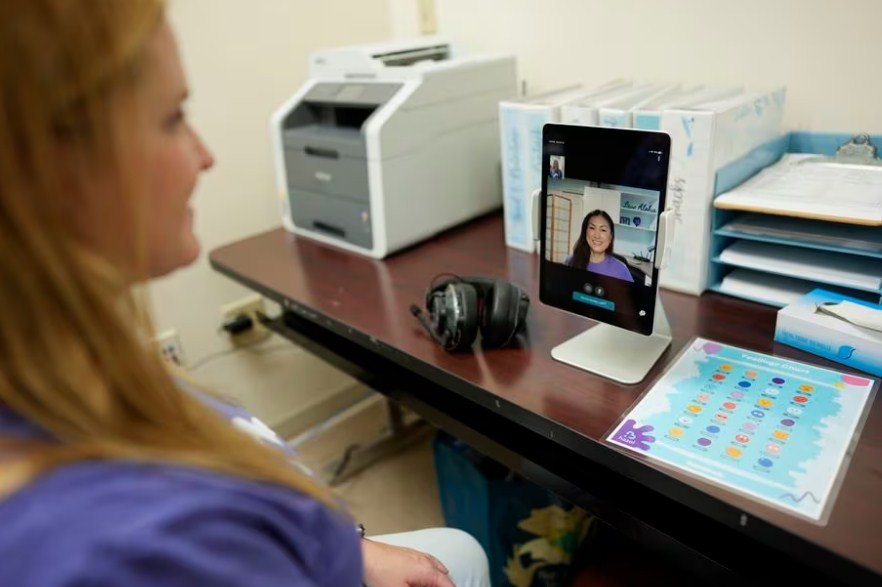As the COVID-19 pandemic continues to take a toll on the mental health of students across the U.S., many schools are struggling to provide adequate counseling services to their students. According to the American School Counselor Association, the recommended student-to-counselor ratio is 250:1, but the national average is 430:1, and in some states, it is as high as 900:1.
To address this gap, some schools are turning to online therapy platforms, which offer affordable and accessible counseling services through video, phone, or text messaging. These platforms, such as BetterHelp, Talkspace, and American Well, have seen a surge in demand from schools in the past year, as they allow students to connect with licensed therapists from the comfort of their homes or classrooms.
Online therapy has several advantages over traditional face-to-face counseling, especially for students who live in rural areas, have transportation or scheduling issues, or face stigma or discrimination for seeking mental health care. Online therapy also offers more flexibility and choice for students, who can select their preferred therapist, mode of communication, and frequency of sessions.
However, online therapy also comes with some challenges and limitations, such as ensuring the privacy and security of the sessions, verifying the credentials and quality of the therapists, and complying with the legal and ethical regulations of different states. Some students may also prefer the personal touch and rapport of in-person counseling, or may need more intensive or specialized care than online therapy can provide.
Therefore, online therapy should not be seen as a replacement, but rather as a supplement, to the existing counseling services in schools. Online therapy can help reduce the workload and stress of school counselors, who can focus on the students who need more attention and support. Online therapy can also help students who are hesitant or unable to access traditional counseling, by providing them with an alternative and convenient option. Online therapy can be a valuable tool for enhancing the mental health and well-being of students, as long as it is used appropriately and responsibly.

